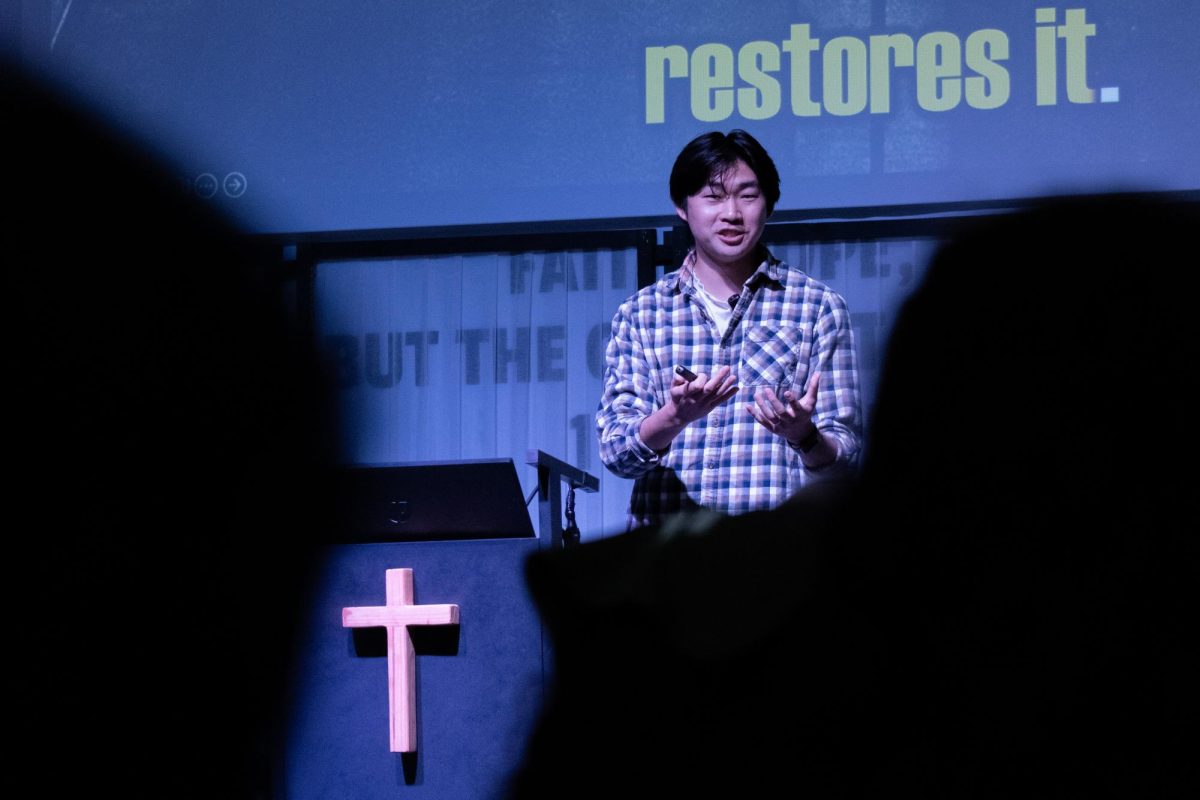
Associated Students passed a resolution in July objecting to Gov. Jerry Brown’s recent budget approval that would cut at least $650 million from the CSU.
A.S. has been historically politically neutral, but this administration sent a message to Sacramento and CSU leaders condemning cuts to higher education and suggesting the state look at other options instead of cutting funding for the CSU and UC systems.
“This year (A.S.) decided that the cuts in higher education have much more significance and the effect on students is much more profound,” said A.S. President Amanda Flavin. “We (can) no longer maintain a position of neutrality and we have to somehow address (these issues).”
The statement was passed over the summer as CSUN students sustained a 12 percent tuition increase in Fall semester costs, which followed a 10 percent increase approved by the CSU board of trustees last November.
There is a “lack of value placed by the state on higher education,” said Flavin, author of the unanimously passed resolution.
Higher education has not been a top priority for the state, which has been battling a massive deficit, she said.
According to the resolution, the continuously rising costs are likely to cause many students to drop out, work more hours and spend less time studying, or take on debt to finish their education.
“I think this is one of the ways that we’re showing students how we’re working for them, and one of the ways they can hold us accountable for representing them,” said A.S. Vice President Sydni Powell.
Despite A.S.’s history of not responding to politics in the capitol, Powell said this issue is more then about taking a democratic or republican stance.
“This year, we’re taking a stance in favor of the students,” she said.
As this administration begins a new school year, Flavin and Powell will install an ad hoc committee of several A.S. senators who will monitor dealings in the capitol and how they affect California students.
Over the past year A.S. has started to emerge from its political neutrality, making more of their opinions known.
Last semester A.S. was in favor of extending current tax levels should the issue had come to a special election, but the state legislation did not approve of the special election and those taxes expired.
Tax extensions would have allowed the CSU to sustain a smaller budget reduction, Flavin said. The extensions would have been beneficial for students.
“We do realize tax payers don’t want to pay more taxes, so really the issue is in Sacramento and how they allocate funds,” she said. “We’re not a proponent of increasing taxes; we just wish they would use the taxes more wisely.”





